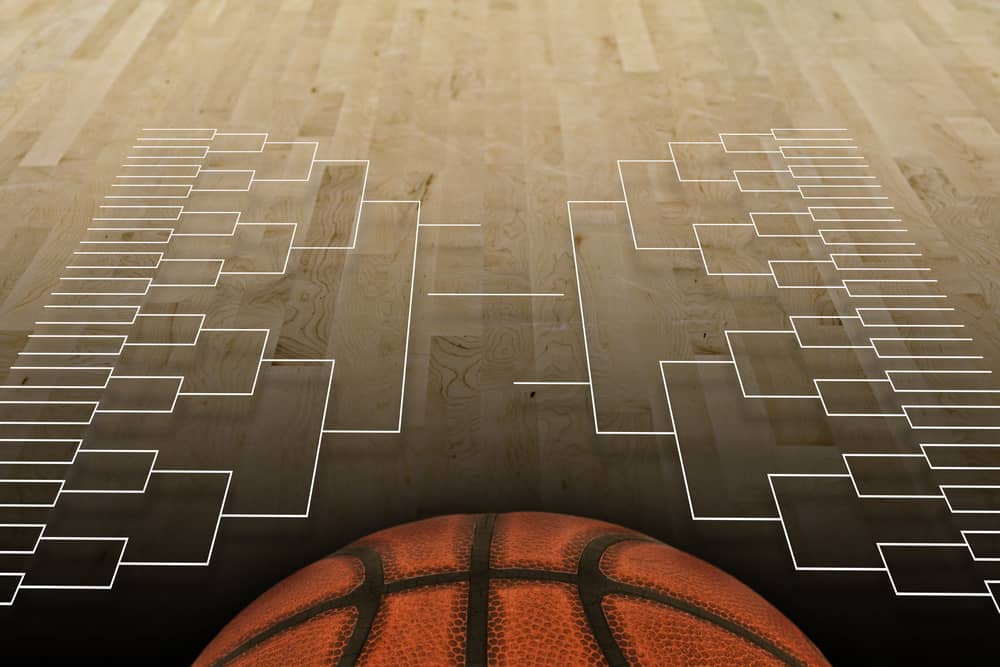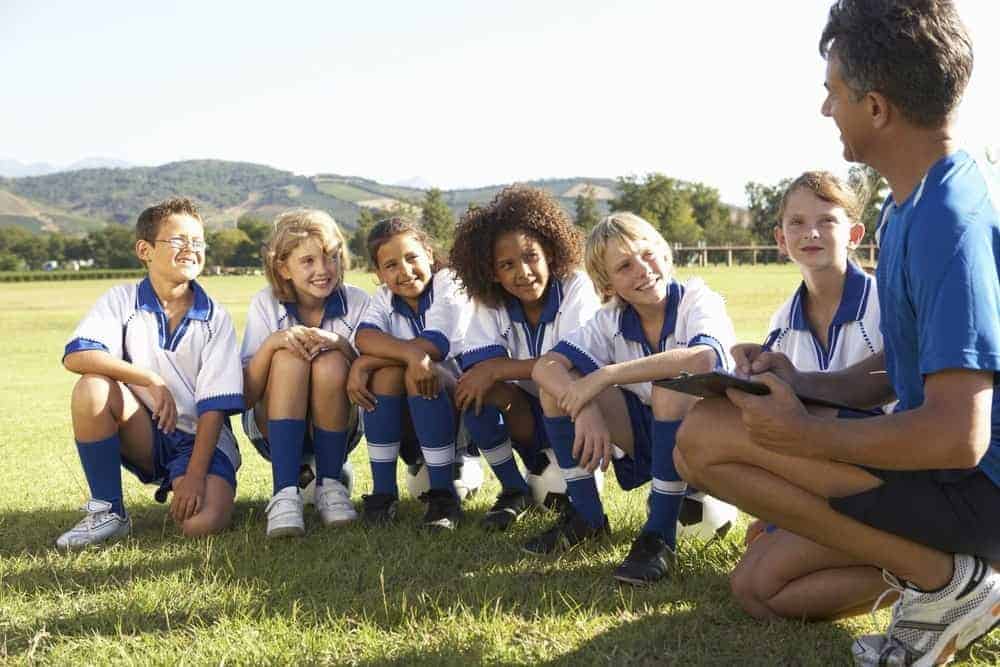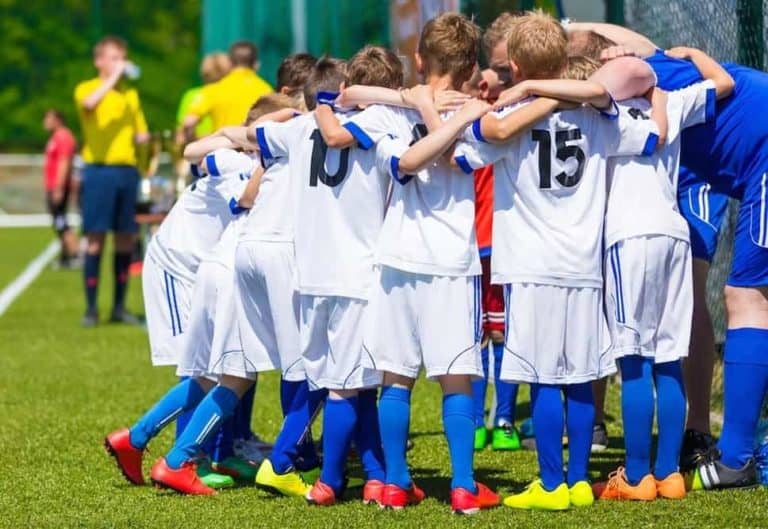
Psychologist Shares 3 Tips for Character Building in Youth Sports
Dr. Jason Richardson is uniquely qualified to talk about character building in youth sports. In addition to having a Doctorate in Psychology, Richardson is also a former BMX Racer who maintained a Top-Ten World or National Ranking for the majority of his 15 year career. At the age of 19, Richardson was a Union Cycliste Internationale World Champion, and 13 years later he earned a Gold Medal at the Pan American Games in Rio De Janeiro.
Richardson recently released a new book: It’s All B.S.! We’re All Wrong, and You’re All Right! The “B.S.” in the title refers to “belief system”, and the book examines the proper mindset for success on and off the field. In a news release about the book, Richardson included some tips for building character through youth athletics. Here at Rocky Top Sports World, we found Dr. Richardson’s advice to be spot on, so we decided to share his insight with our blog readers.
1. Cut Out Negativity
Richardson suggests that young athletes and parents stop using the phrase “the problem is _____”. Whether that blank is filled in with “the coach”, “the other kids,” “the school”, “the schedule”, “the equipment”, or something else, focusing on variables that a child can’t control will not help a young athlete succeed. Instead of complaining about outside forces that may be impeding athletic performance, try to encourage positive thinking and self improvement. Phrases that begin with “I can”, “we can”, or “you can” are much more effective than dwelling on immovable obstacles.
(See Also: 5 Tips on How to Prepare for Your Next Smoky Mountain Sports Tournament)
2. Learn from Failure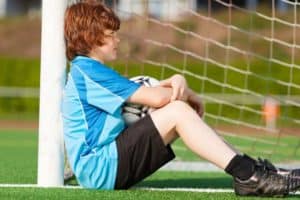
While failure can be gut-wrenching, it is also important to use it as a teachable moment. For instance, if a player misses a crucial free throw in a basketball game, a coach or a parent can ask them to think about what they will do differently next time. This way, the young athlete can take practical steps to improve his or her game, such as practicing free throws. Instead of beating themselves up, kids who experience failure should take steps to make sure that they are less likely to make the same mistake in the future.
3. Apply Lessons from Sports to Academics
Lessons learned on the field can easily be applied to the classroom. Richardson gives the example of a star quarterback who can memorize a complex playbook but is having trouble with his chemistry class. Making the parallels between the playbook and textbook explicit is a great way to show the quarterback that if he can understand one, he can understand the other. Most kids won’t grow up to become professional athletes, so it is important that they can generalize the skills they developed playing sports.
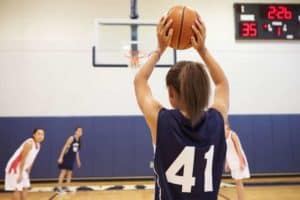 The staff at Rocky Top Sports World has witnessed a lot of character building at our Smoky Mountain sports complex. We have seen players overcome great odds to win, and we have seen players lose with admirable dignity. If you think your young athlete would benefit from participating in a tournament or camp at our facility, check out the Rocky Top Sports World Events page.
The staff at Rocky Top Sports World has witnessed a lot of character building at our Smoky Mountain sports complex. We have seen players overcome great odds to win, and we have seen players lose with admirable dignity. If you think your young athlete would benefit from participating in a tournament or camp at our facility, check out the Rocky Top Sports World Events page.




